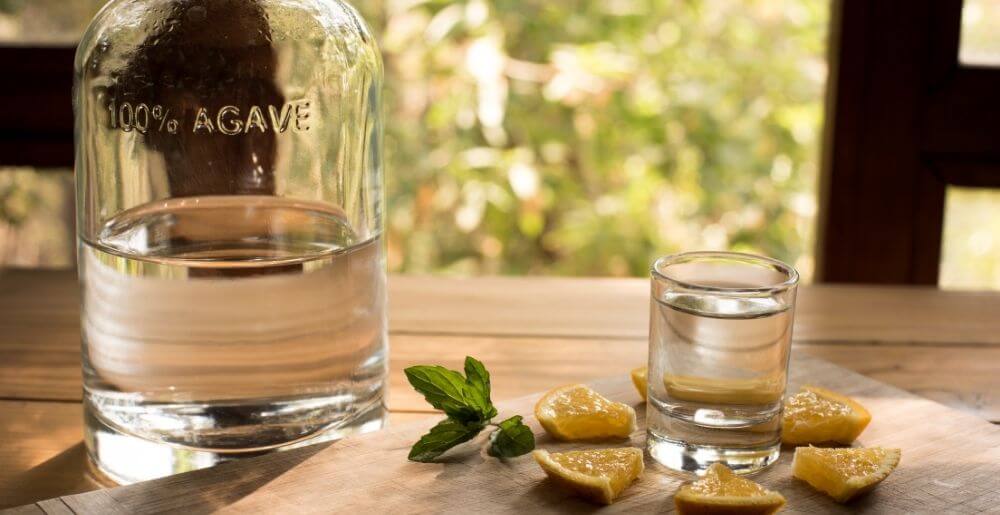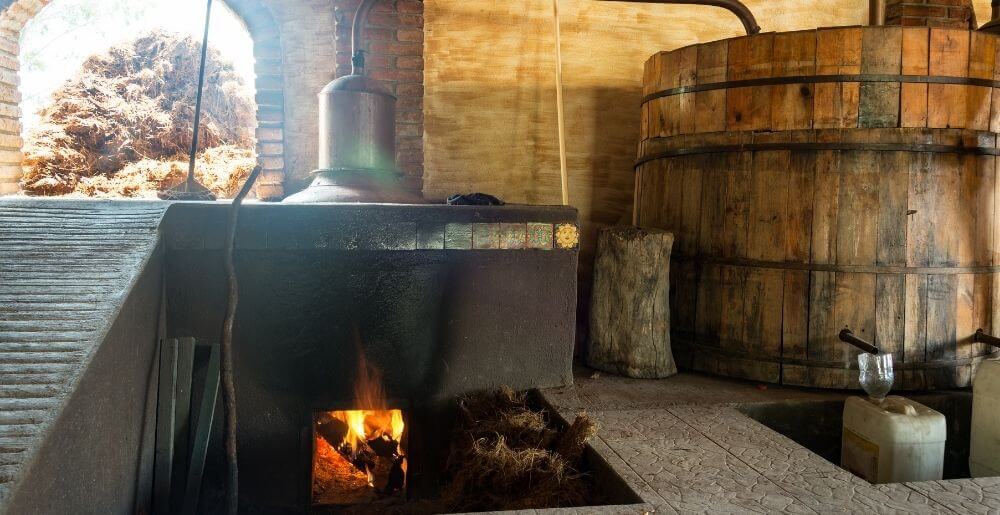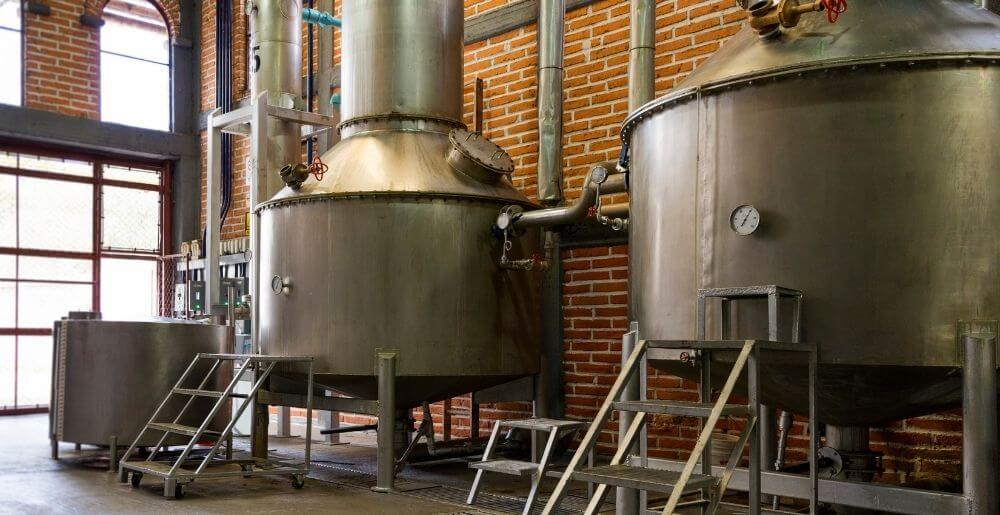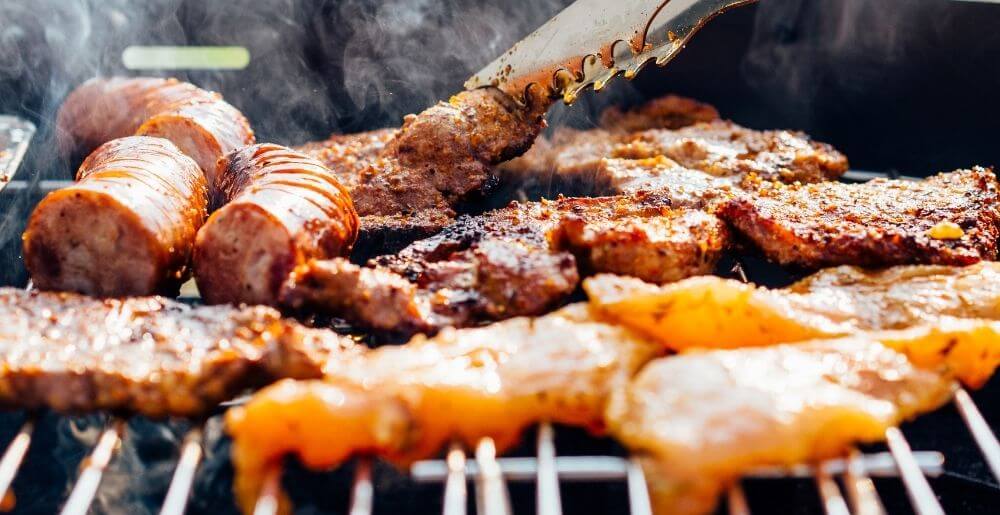Anyone who’s ever been to a Mexican restaurant before (or attended enough parties throughout their years at university) will remember with ease the spicy and smoky goodness that can be found inside of a bottle of tequila.
Now, whilst it’s true that tequila forms a very important part of Mexican culture, it may surprise you to learn that the agave-based spirit is actually a type of mezcal, which is definitively less popular or well known and yet arguably far more special.
To help you satisfy any cravings that you might have around wanting to learn more about both of these types of Mexican spirits, we’ve put together this in-depth illustrated guide that will explain all that you need to know in order to pick the right bottle for and your tastebuds the next time that you’re browsing online or in-store.
Not only will you learn how they’re unique from each other, you’ll also discover how they match with food and what a typical bottle of each type tastes like, just in time for the annual Day of the Dead celebrations coming up on November 2nd (mark you calendars!).
What’s the Difference Between Mezcal & Tequila?

To summarise the difference between the two in just one statement: all tequilas are a type of mezcal but not all mezcals are a type of tequila.
If you’re after further clarification on how they’re different from each other without going too much into the technicalities, it’s generally accepted that there are three main points of separation:
The Type of Agave: whilst mezcal can be made from many different strains of the agave plant, tequila can legally only be made from one, namely blue weber agave (agave tequilana).
The Method of Distillation: depending upon the individual brand or producer, a particular bottle of tequila can be distilled using traditional practices or mass-produced using stainless steel ovens and copper pot stills. With mezcal, however, the distiller will typically cook their harvested agave plants in earthen pits and then distill them in very traditional clay pot stills.
The Place of Origin: even though both types of spirits can only be produced by a distillery in Mexico, the particular states that each can come from varies, with tequila coming from just five states and mezcal coming from nine.
What Does Mezcal Taste Like?

Mezcal, perhaps even more so than tequila, has a very polarising flavour profile, with variations in the exact taste occurring depending upon the type of agave used by the distiller and how long the mezcal in question has been aged for.
If you’re looking for a quick summary on how a bottle of mezcal will typically taste, at least in the case of most of the bottles found in bottle shops and bars outside of Mexico, you should expect to find a lot of intense smokiness alongside still distinct but more subtle flavours of vegetal-like earthiness, sweetness, or even floral character.
That being said, it should be made very clear that this does not define every bottle of mezcal that exists, with many experts being at pains to note that the flavour profile of the spirit can easily be compared to the complexity found in many bottles of fine wine in how nuanced and diverse it can be.
For most of us outside of Mexico, however, the mezcal that we’ll come across is usually known for its high degree of charcoal smoke, making the spirit a wonderful choice for those looking to make cocktails that are very bold in their flavour or those seeking an intensely smoky drinking experience.
If you want to learn more about how bottles of mezcal can taste depending upon the type of agave used by the distiller, with this usually being depicted somewhere on the bottle, be sure to check out this article, which provides a very in-depth overview.
What Does Tequila Taste Like?

As explored in our complete guide to tequila for beginners, the specific flavours that are found in a bottle of tequila can be broadly grouped under six main categories, being wood, spice, fruit, floral, sweets, or nutty, which are categories that can all also be applied to the flavours typically found in mezcal.
Now, considering the fact that tequila is actually just a type mezcal, the taste of the two spirits can often be quite similar, with both of them receiving classifications on how long they’re aged in oak for prior to being bottled, a process that adds to the spirits complexity.
If you’re looking for a quick summary of how tequila tastes then you should expect it to be rather spicy, peppery, and often quite “hot” when it’s a blanco or unaged tequila, and somewhat more smoky, sweet, and smooth when it’s a well-aged añejo or extra añejo tequila.
These are very broad strokes, however, with exact variations in the taste of a particular bottle occurring depending upon where the blue weber agave used is grown and the type of distillation method followed by the distiller, as is the case with mezcal also.
How to Pair Food with Mezcal & Tequila?

Putting the exact taste and production differences aside for a moment, you will find that both tequila and mezcal will match with pretty much the same types of food, with it being best to define the optimal pairing based upon the age of the bottle in question.
It should still be noted, however, that it’s highly recommended that you seek out the distillers notes on exact food pairing matches with their particular bottle, especially if you’re looking to pair a mezcal, as the more complex and diverse flavours found in the spirit make it harder to get a perfect pairing with general guides.
If for any reason this isn’t possible then consider this to be your best bet when looking to pair mezcal or tequila with food, broken down by the age classifications marked on the bottle:
Blanco or Silver (aged 0 - 2 months): Often more citric, herbaceous, floral, and peppery in their taste, a bottle of blanco or silver tequila or mezcal should be paired with grilled seafood, spicy vegetables, spicy meat salads, or seafood tacos.
Reposado (aged 2 - 12 months): Being slightly more aged, smooth, and subtly sweet, bottles of reposado tequila and mezcal match best with barbecued, spicy, smoked or cured, or glazed meat dishes.
Añejo or Extra Añejo (1 year plus): The most well-aged examples of tequila and mezcal, they will always have the strongest character of smooth and rich oakiness to balance out the peppery warmth of the base spirit, making them best paired with chocolate mud cake, spiced meats, grilled steaks, or glazed meats.
For more on how to pair tequila with food, visit our illustrated guides, or to discover other pairing options with mezcal, check out this in-depth culinary article.